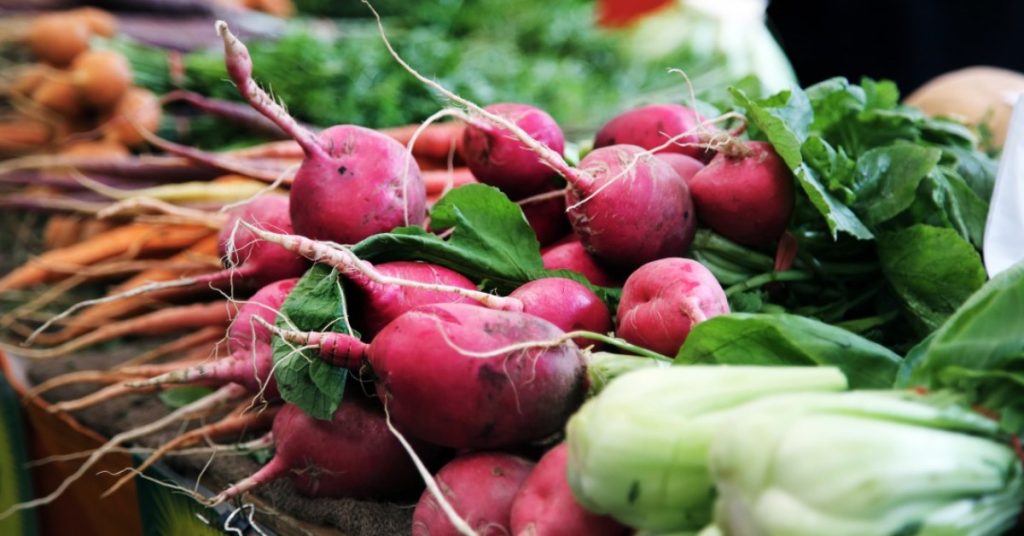
You want the best food possible when shopping for your home and family. Shopping organic can help you achieve this goal by providing products free from pesticides and other chemicals that aren’t good for your family in the long run. Still, eating organic on a budget can be confusing because so many options exist! In this article, we’ll talk about How To Eat Organic On A Budget—and trust me: you won’t have to sacrifice flavour or quality.
1. Shop the clearance section
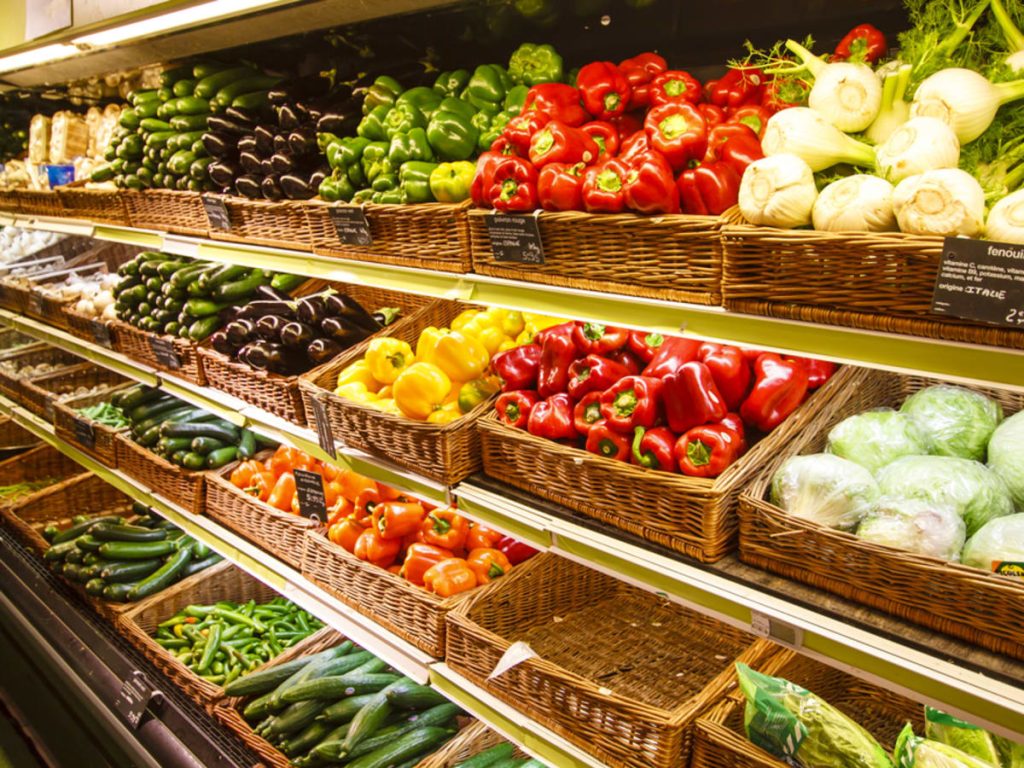
Shopping at the clearance section is a great idea if you’re looking to save money. There are a few reasons why this is the case. You can purchase items on clearance for cheaper than their original price. In addition, items about to expire may still have some use left in them, and they are only around for a while!
Some items will go out of season soon enough (or will go out of style), so buying them now while they’re still available can help save you money if they end up being worth it later on down the road.
You must ensure you’re getting a good deal when shopping in the clearance section. The price of an item should be lower than its original cost by at least 50% (and preferably more). You should also check the expiration date on any food items before buying them just in case they go bad soon.
2. Buy in bulk.
Buying in bulk can be a great way to save money on groceries, but it’s important to do your research first. You’ll want to find out how much you’re saving by buying in bulk and what the quality is of each product.
For example: If you’re buying eggs from farmers’ markets or health food stores, ensure that their free range and organic options are worth the extra cost—you don’t want them coming from factory farms!
You should also check whether any discounts are available for purchasing large amounts of certain items (such as Costco).
If you’re buying in bulk, you’ll want to ensure that the product is worth your money. For example, if you’re getting a good deal on cereal or pasta, it’s a good idea to buy in bulk if you have a large family who will eat all of it before it goes stale!
3. Buy frozen.
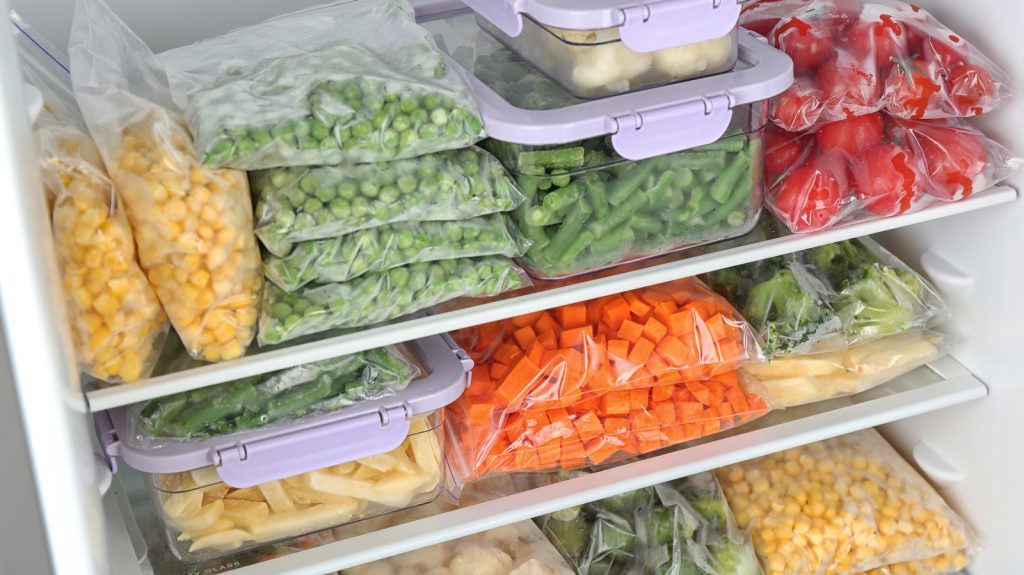
Frozen produce is often more affordable than fresh. You can buy bags of frozen fruit, vegetables, and herbs for less than five dollars of fresh food. Frozen produce is also picked at its peak—the best time to eat fruits and vegetables—so it’s more nutritious and delicious than anything sitting in your freezer for months.
Frozen produce is also convenient. When you’re in a hurry, it’s easy to toss some frozen fruit or vegetables into your cart and not worry about them spoiling before you use them. And if you don’t have time to cook your meals, frozen items are the perfect ingredient for quick and delicious meals that take almost no time.
4. Grow your produce.
If you want to save money on organic produce, consider growing it yourself. You can purchase seeds, soil and other supplies at a local gardening store or online. The key is to plant the seeds in containers that allow them room for growth and water them regularly until they sprout. Once they do, take your newly harvested crop home with you!
If this all sounds overwhelming at first—it’s okay! First, start small by growing just one vegetable in one pot (like carrots). After that, try growing two or three different types of vegetables together in separate pots; this will give each plant enough room to grow without competing with another kind of plant nearby.
If you are unsure what to grow or don’t have much space in your yard, consider growing herbs—they’re easy to maintain and add a lot of flavour to dishes.
5. Buy locally.
Buying from local growers is a great way to eat more organic, but it can be tricky. No central authority determines what local means, so each community has its own definition of what qualifies as “local”.
Here are some things you should look for when buying food from your neighbours:
Is the produce organic? If not, it’s likely not truly local. You should also check out your grocery store’s website or contact them directly with questions about their products’ traceability and certification processes (if applicable). This effort can help ensure that what you’re buying isn’t coming from a long distance away—which means it may have been shipped in and then trucked back out again!
Does your grocer sell only certified organic products? Some grocers will only carry certified organic foods; others might also offer non-certified versions at higher prices than elsewhere in town.
However, there are other ways to tell if your food is local. One of the best indicators is price. If you can buy a whole pound of broccoli for two dollars and it’s not organic, chances are it was grown nearby.
6. Buy directly from the farmer.
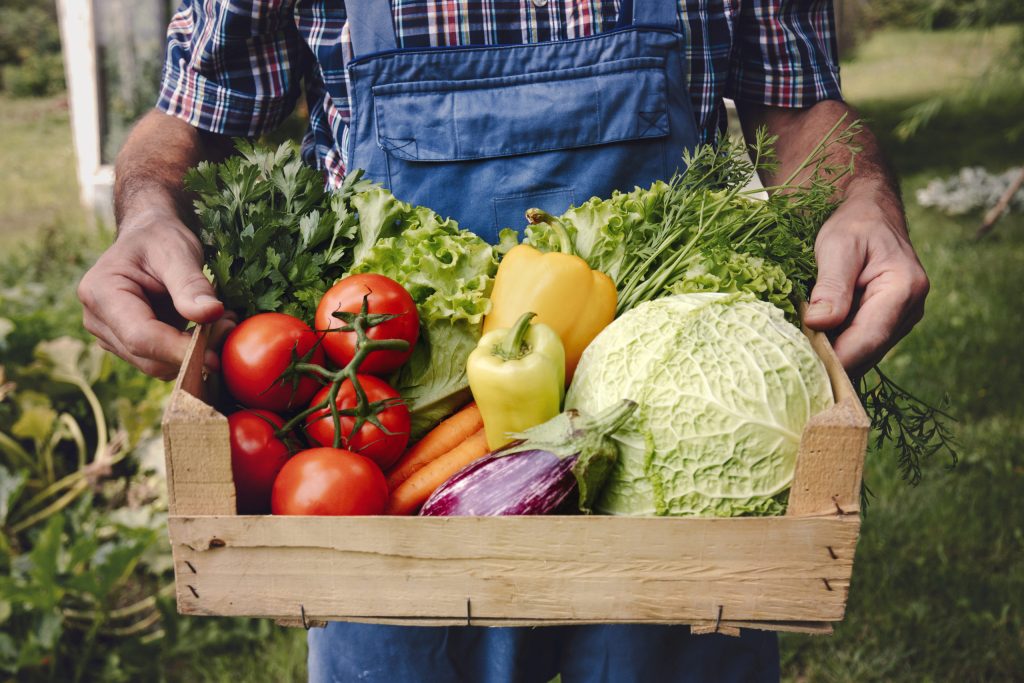
Buying directly from the farmer is one of the best ways to get organic produce because it lets you know what’s in your bag. If you’re going to buy something that won’t be shipped thousands of miles away, like vegetables (or even meat), why not buy locally? You’ll also have more opportunities to connect with farmers needing access to technology or resources that would help them improve their yields and quality control processes.
My favourite place for buying local produce is at farmers’ markets. They’re often held on weekends in outdoor spaces where there’s plenty of fresh air and sunlight for crops like tomatoes and strawberries; many vendors sell theirs only at these events, so if you don’t live near one near where you live now, then I recommend checking out our list below!
7. Look for boxed or dried goods.
There are many reasons to choose dried foods over fresh foods, one of which is their price. For example, dried fruits and nuts can be found for less than half the fresh versions, while pasta and rice often cost less than half as much. This scenario makes it easier to add healthy snacks into your diet without breaking the bank, and it also means that packaged goods like cereal or crackers will remain affordable no matter how much time you spend at home cooking dinner!
Dried food has other advantages besides its low price tag: it’s often more nutritious than its fresh counterpart because it hasn’t been exposed to air or light since drying (which makes us digest). They’re also easier to store because they don’t require refrigeration like fruits; if you want a nice treat while camping out in nature this summer but don’t have access to electricity or running water nearby (or both), consider packing some trail mix instead!
There are a lot of options for shopping organic on a budget.
There are a lot of options for shopping organic on a budget. Be bold and try new things, and be bold and ask for samples or even sample-sized portions if you need to figure out how much food you’ll want. If something sounds good but might be too expensive, consider buying it bulk and freezing the leftovers so they’ll last longer.
Shopping at places other than your local grocery store is also an option—you must know where they are! For example, some farmers’ markets around town have great deals on organic produce. In addition, some larger cities have farmers’ markets that cater specifically to people who live there (or visit regularly), and some college campuses host them too!
You can also experiment with recipes using ingredients from the store instead of going out every day or sticking strictly with what’s easy. Another good idea is to ensure your pantry has all those items before starting anything new like this one does today.
Conclusion
This article has helped you get started on your organic journey. It can be not easy, but it’s worth it if you want to live healthier lives. You can spend a little money on organic food or even go out of your way for the best deals. Make sure that what you buy is safe and free from harmful ingredients like pesticides or GMOs!







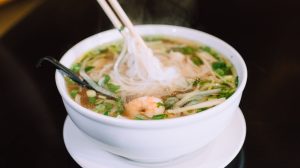


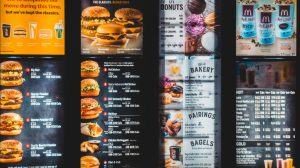










I will right away snatch your rss feed as I can’t in finding your email subscription hyperlink or newsletter service. Do you’ve any? Kindly permit me know in order that I may just subscribe. Thanks.
Thanks for the feedback. We will write to you when our email subscription and newsletter is ready